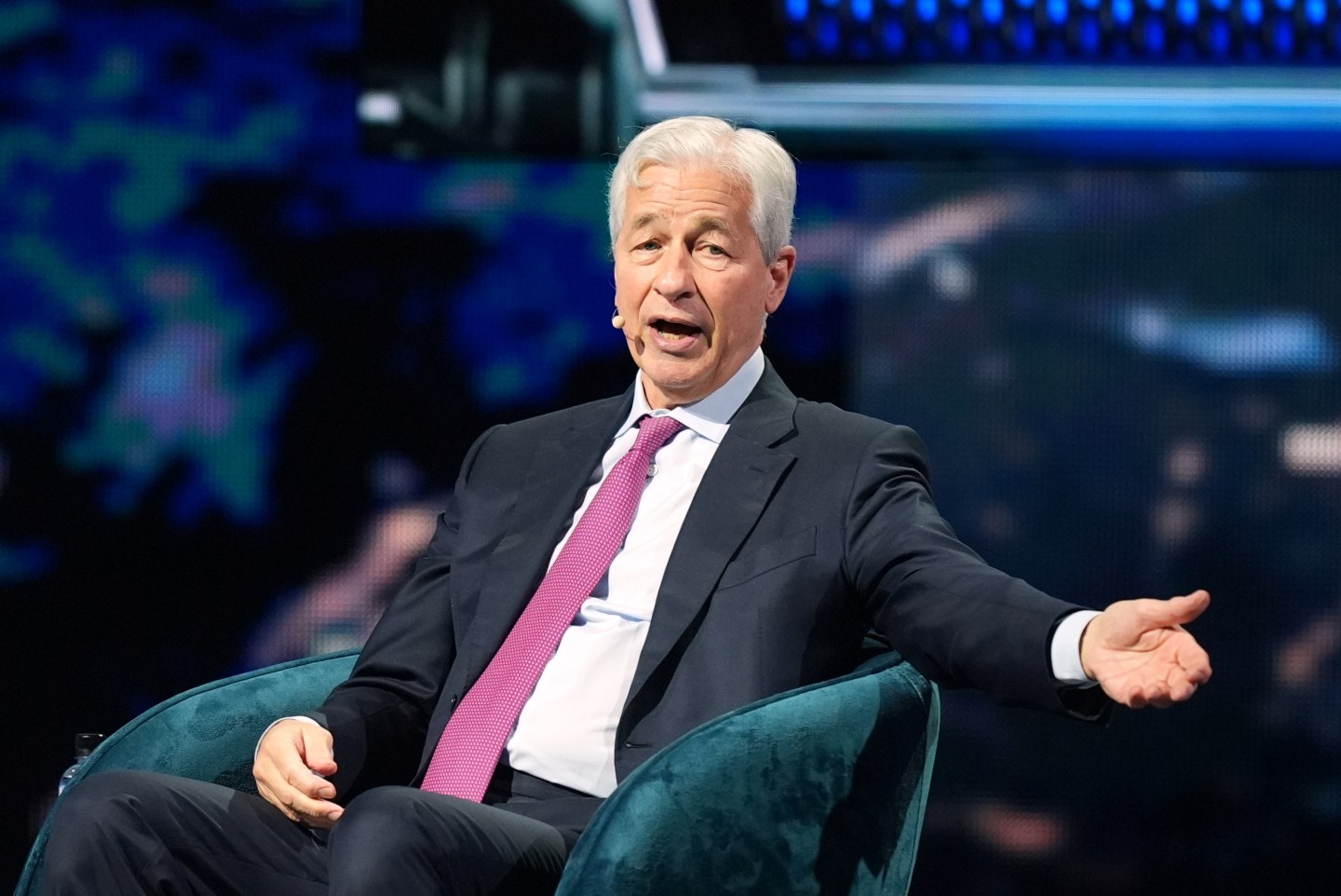FORTUNE — The cell phone industry is imperiled by a duopoly, according to the antirust watchdogs at the Department of Justice. First regulators killed AT&T’s $39 billion deal to buy T-Mobile. Now the Justice Department is taking a hard look at Verizon’s plan to buy $3.6 billion worth of airwave licenses from cable TV companies, which would allow it to expand its giant wireless network even further.
AT&T (T) and Verizon (T) are indeed an intimidating pair. They have 101 million and 108 million wireless customers, respectively. That huge scale results in much fatter profits than the rest of the industry. Together the two companies now generate close to 85% of the U.S. Wireless industry’s total cash flow.
While those huge profits appear tempting for new competitors, the hurdle for any effective challenger is replicating the two companies’ scale. At the end of September, Verizon owned spectrum the company valued at $73.2 billion, which will climb to $77 billion if the Justice Department agrees to let them buy more airwaves from the cable companies.
What sort of competitor can make an investment to compete with that? Even if a company found $50 billion to spend on airwaves at today’s prices, they’d still have to billions more to build the actual physical network of towers around the country. So perhaps its no surprise that in the past year the viable candidates for the title of “duopoly killer” have all but disappeared.
The cable guys — Cox, Comcast (CMCSA), Time Warner Cable (TWC) and the like — once figured that they had the muscle to take on AT&T and Verizon. After all they have access to tens of billions in cash and already own networks of wires running around the country that could be hooked to wireless towers.
And yet the harder the cable guys looked at the economics, the more scared they got. While the Department of Justice can stop the cable companies from selling their spectrum to Verizon, they can’t force the cable companies to throw their full weight into building a third wireless competitor.
Regulators’ other big hope of creating a new wireless titan is faring even worse. In an effort to jumpstart a new wireless network run by Lightsquared, the Federal Communications Commission allowed the company to take cheap spectrum that had been used by satellites and repurpose it for smartphones. That allowed the FCC to brag that it was creating a powerful new wireless company, while LightSquared got the huge competitive advantage of cheap spectrum to use in its new business.
Cynics saw the deal as a backdoor giveaway of billions in spectrum. Whatever you call it, it hasn’t worked. Dogged by technical problems and short on cash, LightSquared is barely clinging to life.
That leaves Sprint (S) as the challenger best positioned to take on the big two. It’s an immensely tall order. Sprint continues to lose share to its larger rivals, which is robbing it of the cash flow it needs to invest in a network that can keep pace with AT&T and Verizon. It’s possible the company can reverse that cycle, it’s just not clear how. There’s also MetroPCS (PCS), but it has always styled itself an urban wireless company, with a business model centered around being a cost effective network in dense cities, not across the whole of the U.S.
It was only a decade ago that the problem in the cell phone industry was too much competition. Six national carriers — remember Cingular, Voicestream and Nextel? — were beating each others brains in the hunt for customers. The six companies collectively lost $3.5 billion in 2001. Then in 2003 the FCC removed a limit on the amount of spectrum that each wireless company could own, which had effectively served as a blunt form of antitrust enforcement. A frenzy of mergers soon followed. Sprint merged with Nextel, AT&T with Cingular, and soon the U.S. Was down to four national carriers.
The financial impact of moving from six players to four was dramatic. Profits soared, and soon almost all of them were flowing to Verizon and AT&T. It’s not clear what will halt that long trend, short of some innovator springing up with a new plan for a third network.
And that seems less and less likely. Steve Jobs dreamed of creating an alternative to the cellular network, back when he was first launching the iPhone. For a while he was particularly enthused about the ability to use Wi-Fi combined with more traditional cellular technology. But after extensive research even Jobs came to the conclusion that building a third wireless network to compete with the giants just didn’t make sense.











